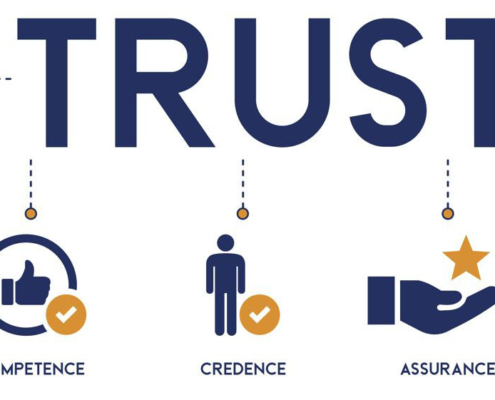How to Pitch Yourself
Learning how to sell yourself for any situation can benefit you financially.
By Brad Nakase, Attorney
Email | Call (888) 600-8654
Get Smarter: Search my blogs
Knowing how to sell yourself can get people interested in you. Considering how hectic our lives are these days, you may realistically only have thirty seconds to catch the eye of someone who could make a big difference in your life.
Maybe you are in a conference room having a job interview. Or maybe you are meeting people at a cocktail party, hoping to network. Or perhaps you are lucky enough to run into Mark Cuban or Warren Buffett in the elevator, and you want to convince them to think you are the most fascinating person they have ever met. Of course, this is no simple task.
A majority of people cannot effectively present their accomplishments and qualities. This is because they are simply not prepared or accustomed to giving soundbites of their life. As a business litigation attorney in Los Angeles, I frequently have to sell myself to the jury in court.
To craft the perfect pitch for when you encounter the opportunity to present yourself, take a look at the following eight steps.
-
Have a goal in mind
To sell yourself, your personal pitch should provide the answer to three critical questions: Who are you? What is it you do? What are you looking for, or where do you want to go? The point is, you should know precisely what you want to accomplish. If you do not have a clear goal in mind, no one can help you achieve it. You should thoroughly review your LinkedIn profile and resume. If you do not have a job at present, think about what you want to do and where you want to go when selling yourself.
-
Write bullet points
You sell yourself with your LinkedIn profile and resume; therefore put four bullet points in writing that explain why you are worth investing in as a person. For example, if you’re a employer lawyer in Los Angeles, talk about your background, accomplishments, skills, goals, and work history. Do not include any extraneous details that distract from your primary message.
-
Tell a story
People are naturally drawn to stories, so it is wise to put together a narrative when you sell yourself. This will also help people remember you later on.
In his book, Public Speaking and Influencing Men in Business, self-improvement master Dale Carnegie said that our minds are basically ‘associate machines.’ This means that people remember details better when they are associated with a story. That is to say, if you want people to remember you, create a story to sell yourself and make sure it is well-crafted. It should be short and sweet, not rambling. It should present a clear narrative of your life.
-
Get rid of jargon
You should be able to talk about who you are and what you do in a way that is appealing to the majority of people. Be careful not to use terminology or acronyms to sell yourself that would not be understood by a person in a different industry.
Simplifying complicated concepts is a true skill. Here is a strategy that might help you: imagine you are trying to explain what you do to your parents. Employ this formula when doing an elevator pitch about yourself.
Performing your pitch in terms an Average Joe can understand is vital for those in finance, accounting, and technology, where the lingo does not extend beyond the trade.
-
Make sure your pitch encourages conversation
Once you have finished your story to sell yourself, the listener should be interested in hearing more. Is your narrative compelling enough to accomplish this? If it is not, you may need to workshop your pitch.
-
Be aware of time
When you are practicing your pitch to sell yourself, you should time yourself to ensure that you can perform it within thirty seconds. If you are unable to, you may need to strip details and try again. You do not want to keep your audience waiting for five minutes while you go into every detail of your startup idea. Rambling is not attractive. Keep it short, sweet, and to the point.
-
Record yourself
It is important that you know what you look like while telling your story to sell yourself. Are you believable? Are you interesting? Do you break into a nervous sweat in the moment?
People will draw their own conclusions when they listen to you, so be sure to make a good impression. Act natural, relax, and become comfortable with your story.
-
Practice with colleagues and friends
Once you have your story to sell yourself, you should practice it with colleagues and friends. Request feedback so that you can improve it. From here, keep tweaking and practicing your pitch until it is completely natural for you to say out loud and is convincing to the audience.
Have a quick question? We answered nearly 2000 FAQs.
See all blogs: Business | Corporate | Employment Law
Most recent blogs:
Contact our attorney.































